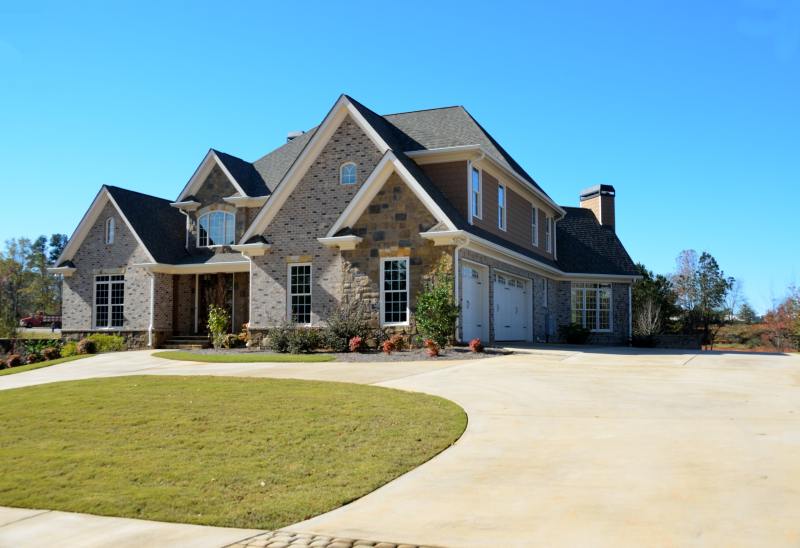Retirement time has finally arrived and you want nothing more than to relax and not have to stress about your financial situation.
You may have heard about a reverse mortgage for seniors 55 and older, but what is it exactly?
A reverse mortgage allows a homeowner who is 55 or older (as well as their spouse) to turn their home equity into cash. Instead of making monthly payments, cash is given to the homeowners to use the money for whatever they would like; renovations, other monthly expenses, travel, etc.
Beginning The Reverse Mortgage Process
You (and your spouse) must be 55 years or older to qualify. You can apply through Home Equity Bank, who serves all of Canada, or Equitable Bank, who serves Alberta, British Columbia and Ontario only. Once you have spoken to them, your home will be appraised, which will determine the amount you will receive. The lender will assess the following:
- Age of applicants (the older you are, the more equity you may have)
- Location of your home
- Type of home
- Appraised value of your home
- Condition your home is in
- Home equity
The Appraisal Process
An amount will be offered by the lender and you can decide if you want to accept it or not. Typically, they will offer you 20-50% of your home’s value. Interest rates will be higher with reverse mortgages with them currently sitting at 6.24% for a six-month term, or up to 6.74% for a five-year term (as of January 2018).
Once you have selected an option, you will need a lawyer for legal advice and the legal process. This will be an extra cost, but it can be covered under your reverse mortgage, as well as start-up costs and closing costs. The only fee you will pay out of pocket is for your home appraisal (around $200-$400).
How The Reverse Mortgage Loan Works
It is up to you how you want to receive the loan. You could have it given to you in full or receive monthly installments, either way it is tax free and you still own your home, not the lender. But because of the high interest rates, your home equity will decrease the longer you have the loan.
The loan the home is for must be your primary residence, therefore if you move or sell your home, you will have to repay the loan. If an unexpected death occurs to the owner, there is a specific amount of time the loan has to be paid off as well. If you move to a retirement home, you have a longer period to pay it off.
Costs Of A Reverse Mortgage
 Your reverse mortgage is just covering your monthly mortgage payments. You will still need to pay for taxes and insurance. If these payments are not made, as well as your home not being looked after, your lender could default your reverse mortgage and you will have to pay the loan back. Each lender has a different defaulting policy, but if you use your loan to pay for things illegally, if your application was dishonest, and if your home is in a state of disrepair.
Your reverse mortgage is just covering your monthly mortgage payments. You will still need to pay for taxes and insurance. If these payments are not made, as well as your home not being looked after, your lender could default your reverse mortgage and you will have to pay the loan back. Each lender has a different defaulting policy, but if you use your loan to pay for things illegally, if your application was dishonest, and if your home is in a state of disrepair.
Also, if the value of your home increases, you will never owe more than the loan. But, if you decide to repay the loan off early, there will be penalty fees involved since that was not in the agreement.
You may decide if a reverse mortgage is for you and your spouse if you do not want to pay monthly mortgage payments. But if you wish to eventually move or sell, you will have to pay the loan back which could give you financial problems you wanted to avoid in the first place.
Ask around before you make the decision. There are other lines of credit and mortgage options if you decide otherwise.
Disclaimer: rates subject to change
Mortgage Interest Calculator
What Is A Mortgage?
When you purchase a house, you are making monthly payments to pay it off. You borrow money from a bank in order to pay for the mortgage and are paying the bank back. Learn more about mortgage
Down Payment
The down payment is the amount you will pay upfront to obtain a mortgage. Learn more about down payment
Interest Rate
An interest rate is charged with your mortgage since you are borrowing money from them. The smaller the amount you borrow, the lower your interest charge will be.
Mortgage Term or Amortization Period
The amortization period is the total length of time over which you plan to pay off your mortgage.
